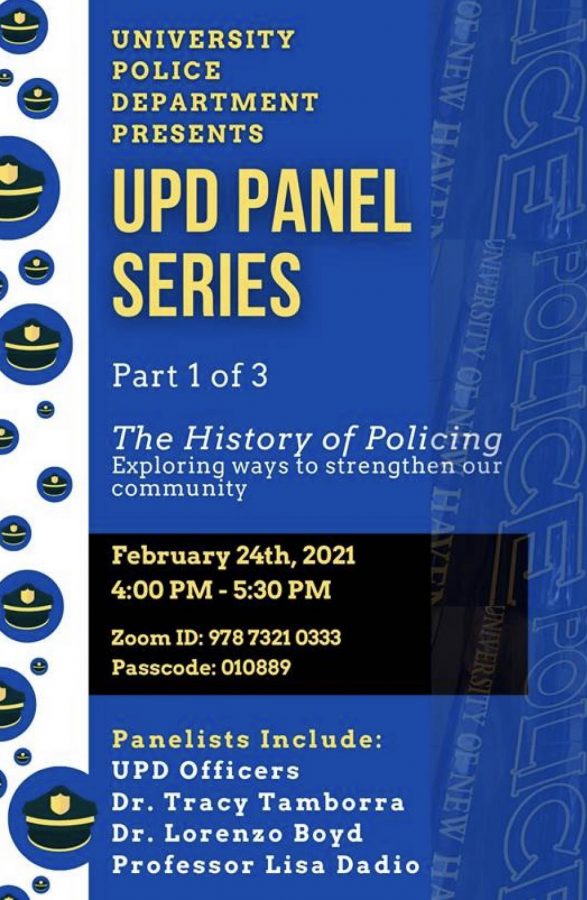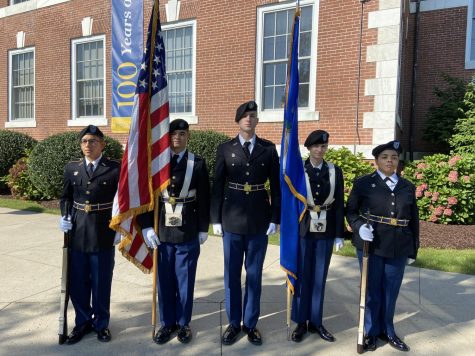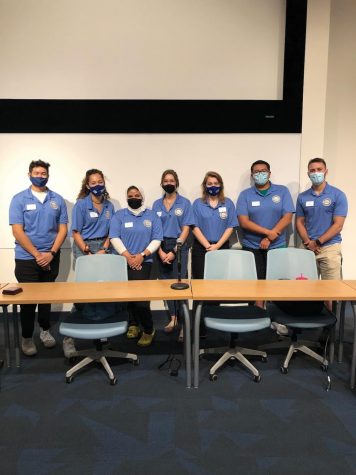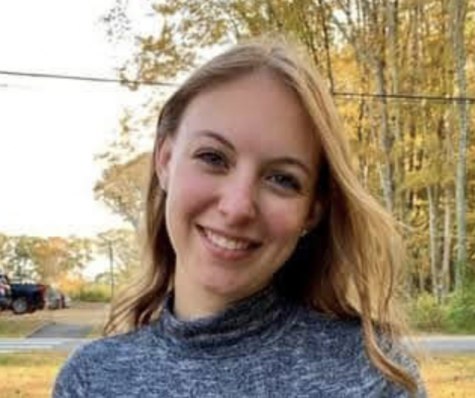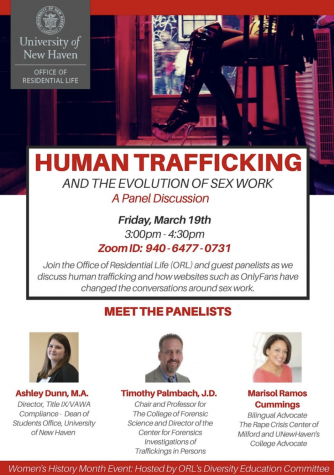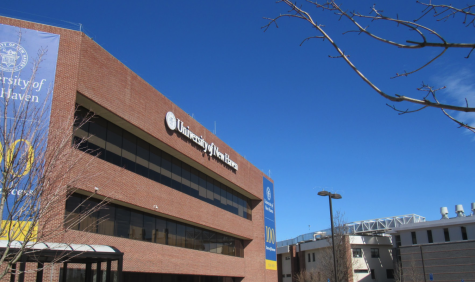University panel sparks discussion on the perception of policing
Since the Black Lives Matter protests in the spring of 2020, phrases such as “defund the police” and “abolish the police” have been heard often. The call to reform the police system has been around for decades considering the long history of distrust between society and the police. Police officers and faculty at the University of New Haven have announced a series of panels that will bring this conversation to the campus community.
On Feb. 24, the Myatt Center for Diversity and Inclusion, the university police department (UPD) and the Undergraduate Student Association (USGA) organized and held the first part of a three-panel series, called The UPD Panel Series: History of Policing.
The panel included UPD officers, Chief James Gilman, James Baker, Sgt. Luis Dos Santos, vice president for diversity and inclusion and chief diversity officer Lorenzo Boyd, professors Tracy Tamborra and Lisa Dadio, as well as moderator, Martina Ibrahim.
Gilman opened the discussion, saying that the purpose of this series is to spark conversation about the perception of policing and to build trust between the university community and police department. Gilman said he wants to use this series to learn how the police department can better support their community.
Gilman and other members of the panel decided to begin this process by dedicating the first part of the series to educating viewers about the history of policing. As Tamborra said, in order to speak properly on the modern culture of policing, people need to understand its history.
Tamborra’s presentation focused on city-level policing and said that the system and concept of policing are failing because it was set up to do so. Tamborra does not believe the blame falls on individual officers but the “architectures of the system,” meaning politicians, legislators and business leaders.
“I don’t think [policing] meets the current needs of a free person in a just, democratic society,” said Tamborra. “There is a distinction between improving the system and overhauling the system. I am on the side of overhauling the system, completely reconfigurating the system.”
She discussed how society has had distrust in policing for over 150 years and about how during the Revolutionary War, American people saw how kings and other leaders used the military to regulate the attitudes of their people. She said that after the war when policing emerged as an offshoot of the military, it “represented government authorianism in the lives of newly freed Americans.” Thus, creating a negative perception of policing.
It didn’t stop there. Tamborra spoke of officers being used to control people who were enslaved or being ordered to disrupt communities of immigrants. There was also a rise in organized crime in the 1920s and 30s and 50 to 60% of officers were revealed to have participated in it. Throughout history, officers have been used as a tool to oppress, and in the experience of many, the system continues to fail.
This led to a shift in conversation towards the evolution of police training, and whether or not it is effective. Boyd explained that from 1910 to recently, there was little change in policing. However, as society continues to change, so do people’s expectations of the police. According to him, most of the training focuses on handling firearms, but now officers are expected to also have a mental health evaluation and knowledge of juvenile laws.
Boyd believes that the police are expected to “be everything to everybody” but still do not receive the proper training to handle such a large responsibility.
“We put policing in a bad light, but we still train police in an “us v. them” scenario,’” said Boyd. “Every cop in the academy has gotten the speech that your number one priority is that you need to get yourself home safe and your partner. And then after all that, if you get your community members home safe, that’s just a bonus. And that is antithetical to the way I think policing needs to happen because we train law enforcers more than we train policing.”
The discussion on the history of policing, the perception of people in the media and the truth of police training left attendees with a philosophical question that Tamborra posed: “Did the police become what people fear…or was the foundation set by the kings and the rulers that come forth after these kings…thus preventing the police from truly becoming capable of protecting their communities?”
The second panel in this series will be held in March and will focus on the barriers of policing.
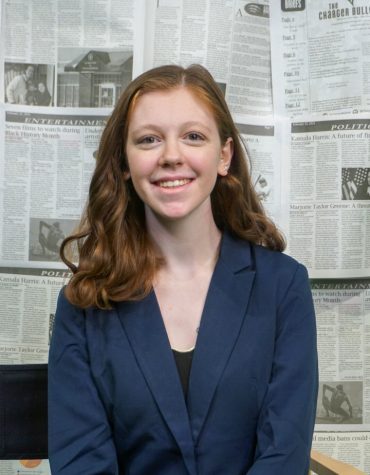
Beth Beaudry is a senior majoring in communication with a double concentration in journalism and public relations, and a minor in English. This is her...

